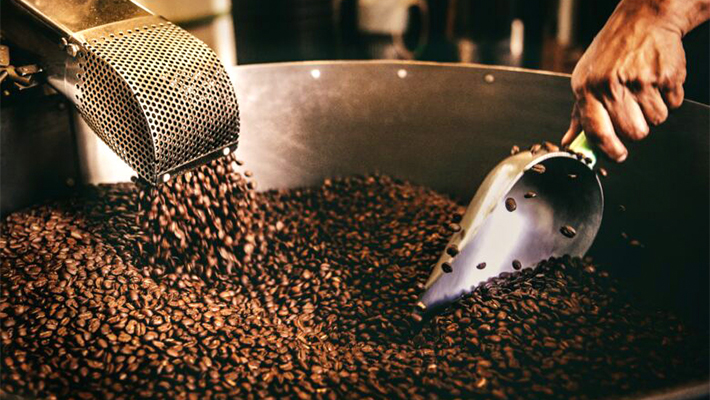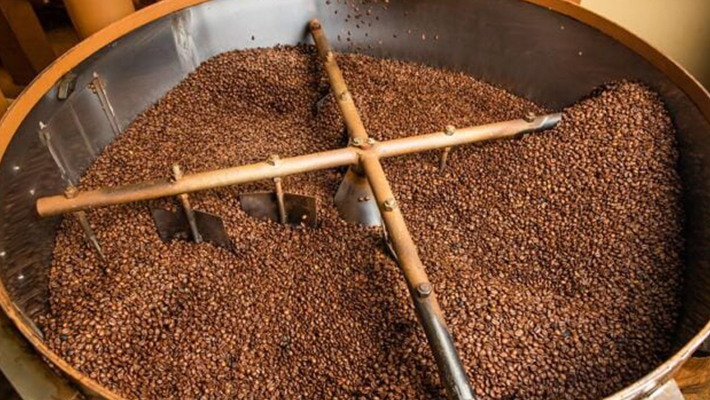Industry is already preparing for the new standard for roasted coffee that came into force.
January 11, 2023
The year 2023 began with the new classification standards for roasted coffee sold in Brazil, established by the Ministry of Agriculture and Livestock, coming into effect from Ordinance No. 570. Companies have 18 months to make changes to the labels.
This classification came to meet a sector demand, allowing the agency to inspect, verify and control the quality, hygienic-sanitary conditions and the identity of the products that are offered to consumers in the country, promoting the consumption and export of coffee.
Among these changes, some will be displayed on the packages and can be directly perceived by the consumer, such as the type of coffee, the roasting point and the denomination “off-type”, in case the product does not have the minimum standards of caffeine, aqueous extract and the overall quality score of the sensory analysis established by the Ordinance.
How is the industry preparing?

It will take 18 months, that is, 1 year and a half for the industry to adapt, but some companies have already anticipated and prepared themselves to meet the new requirements.
“Since October of last year, industries have been moving to provide the new labeling. I believe that in April or May the market will already have products on display with the new identity”, said Pavel Cardoso, president of the Brazilian Association of the Coffee Industry (Abic).
In the meantime, packages printed before the standard goes into effect remain valid until mid-2024. But from now on, all new labels must carry the mandatory information.
Still in this context, Abic adopted the Purity Seal in 1989, which already granted a maximum of 1% of natural impurities from the crop present in the product, according to Anvisa’s resolution. In 2004, the association launched the Coffee Quality Program, classifying it into 4 categories based on sensory analysis: gourmet, superior, traditional and extra-strong.
New co-responsibility between producer and retailer and other changes.

The new ordinance holds producers and retailers accountable for selling the adulterated product, a duty that did not exist before in cases of fraudulent coffee purchases. It is a huge victory for the industry, as the measure should curb the sale of irregular products and raise the quality standard of coffee.
Ordinance 570 also allows consumer protection agencies to act on complaints of product fraud. Roasting plants must register with the Ministry of Agriculture through the Integrated System of Agricultural Products and Establishments (Sipeagro).
As for the mandatory classification of the product, companies can outsource the process, hiring a company already accredited by the Ministry, or they can implement their own processes with classifiers and internal laboratories. In this case, a manual of good practices will be required. If approved, industries will be able to classify as they see fit, following their production flow.
Finally, any individual or legal entity that processes or packs coffee and sells it directly to the final consumer, within the elaboration or production establishment itself, at free fairs, through electronic commerce or to coffee shops, is entitled to present the Document of Classification, from compliance, identity and quality of the product as foreseen in the document is assured.
For more content and information like this follow our Blog.


